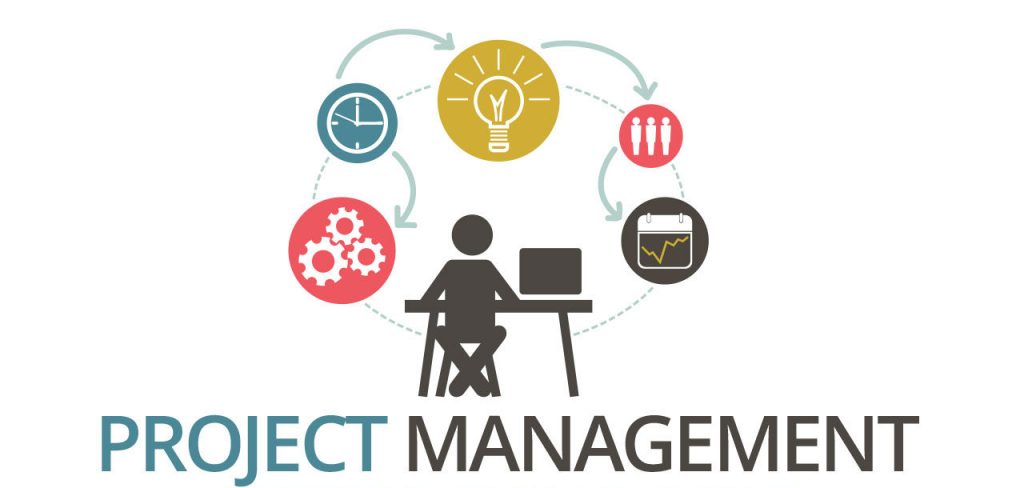Training for Project Managers and Why It’s Important
Project managers play an increasingly important role as projects become increasingly complex with new technologies developing more rapidly. They have to look for new ways to cope with the growing expectations of both clients and employers.
The right type of training course can equip a project manager with the skills to face these difficulties, plan and manage their projects effectively, manage risks and effective changes effectively, and also communicate with the people of all levels involved in the project.
The benefits of qualifications and professional mandates for a person can be higher salaries, better career prospects, and greater job satisfaction, so project managers need some support to participate in the training course. However, employers also recognize the benefits of having a well-trained and motivated employee who can successfully complete complex projects, so most major organizations offer access to a training program for new managers.

For those project managers who are self-employed or are hired by small companies without a training budget (or, worse, companies that do not want to train their employees), there are many good courses aimed at individuals to help them obtain qualifications or recognized mandates.
One of the unresponsive benefits of a training course (or at least traditional classroom-based learning) is to become familiar with the successes and failures of trainers and other delegates. It’s likely that there is someone in your course who experiences the same problems as you. The opportunity to discuss these issues with others, in the company of a professional coach, can be a good learning experience in itself.
So, why is professional training worth it?
Planning and Management
Whatever approach you choose to plan and manage a project, the type of methodology you have studied will be determined (PMP, PRINCE2, APMP, etc.). But in all projects, the calendar will undoubtedly be planned and managed. Depending on the industry, your programming approach can be flexible, adaptable and can frequentlychange until the project is completed. This is especially true in software development projects.
Work with risks and changes.
You can explore methods to predict risksbetter or eliminate risks that cannot be predicted. The training course will also contribute to the importance of a good change management process, how to set it up and how to apply it so that the management of change requests does not become a continuous job and change requests do not conceal the original purpose of the change.
Treat with the people
Through training, a project manager can learn team building skills, including how to develop a motivated, goal-oriented team that will work together. Moreover, how to communicate effectively with all project participants, including interested parties. This will give them the confidence to follow the plan when it’s right, change it when it’s wrong, and be ready to make unpopular decisions when necessary.








